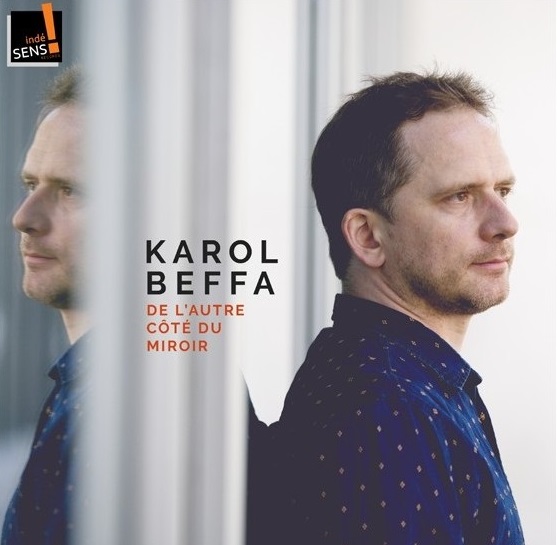Nach Improvisations (2008) und En Blanc et Noir (2018), legt der französische Komponist und Pianist Karol Beffa nun schon seine dritte CD mit Improvisationen vor. Das ist ein Feld, das ihm sehr am Herzen liegt, kommt er doch immer wieder darauf zurück, wenn er zwischen Auftragskompositionen, Konzerten und dem Unterrichten Zeit dafür findet.
Ausgangspunkt der hier erklingenden Improvisationen sind in einigen Fällen Komponisten wie Ligeti, Bach, Debussy, Schubert oder Liszt. Andere Stücke hängen der Zeit nach, melancholisch, nostalgisch, ironisch, als habe er die
Irreversibilität der Zeit aufgegeben, um in einer Bewegung ins Unendliche eigentlich doch zurück in die Vergangenheit zu gehen, durchaus nicht anekdotisch, vielmehr erzählend und Stimmungen nachempfindend. Nicht ohne Grund wird er eine der Miniaturen Tempus fugit genannt haben. Das Menschliche bleibt mithin im Zentrum dieser Musik, so verschwommen das manchmal auch wirken mag. Manipulationen im Klavier sind Beffa dabei nicht fremd und geben der Musik mit farblichen und rhythmisch koordinierten Pigmenten etwas Exotisches.
Der Gefahr, ein solches Gemisch heterogener Elemente zum rein Effektvollen werden zu lassen geht Beffa aus dem Weg, denn er weiß um die Wichtigkeit der Balance. Die Kombination führt bei ihm zu einer sehr originellen Klangwelt, die immer zutiefst musikalisch und für den Zuhörer erfahrbar und nachvollziehbar bleibt. Diese 18 Improvisationen haben daher eine Frische, die andererseits aber auch nicht naiv ist, sondern durch die anspruchsvollen Kunstgriffe und den immer ehrlich wirkenden Diskurs im Ergebnis eine echte poetische Dimension erlangt.


















